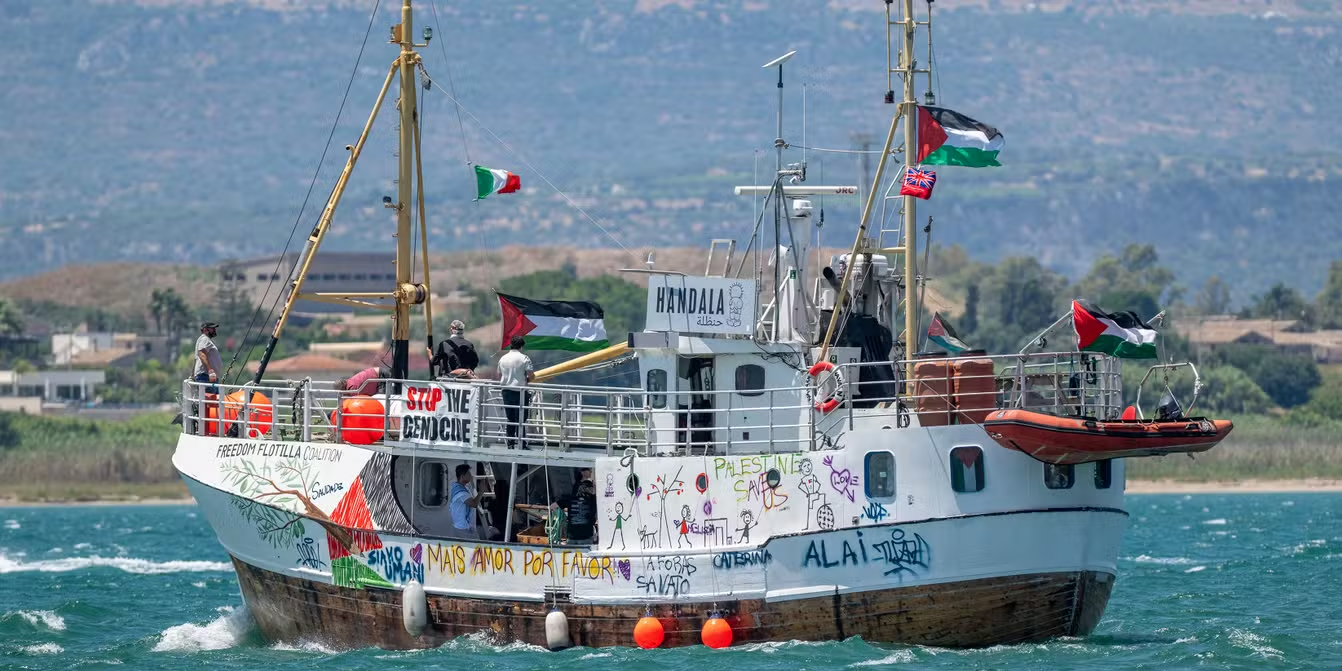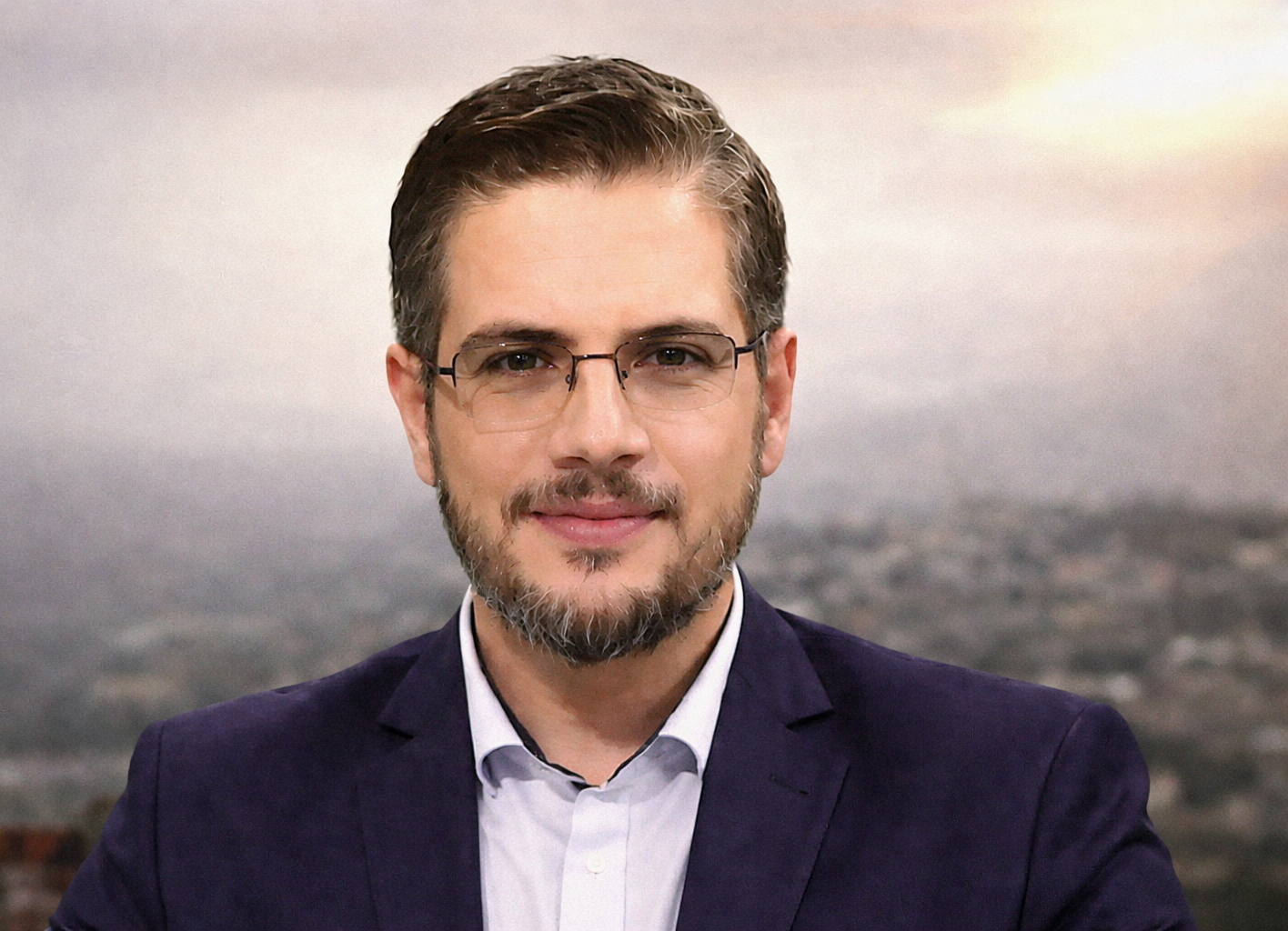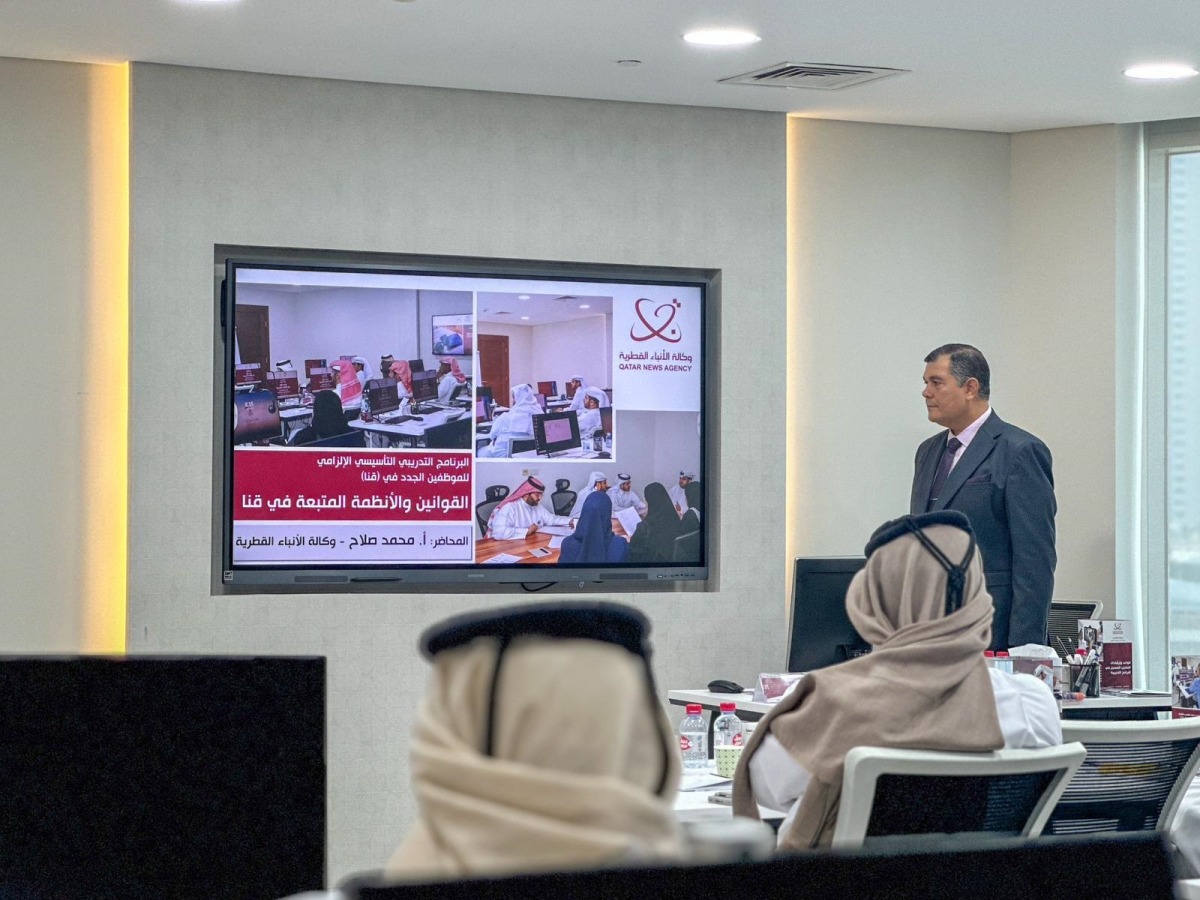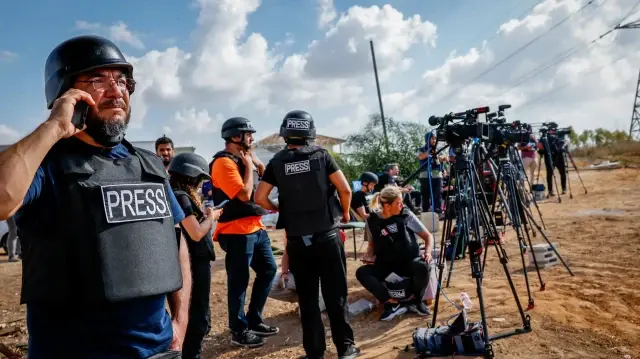
Three Journalists Arrested After Clash While Reporting in Odisha, India
July 27, 2025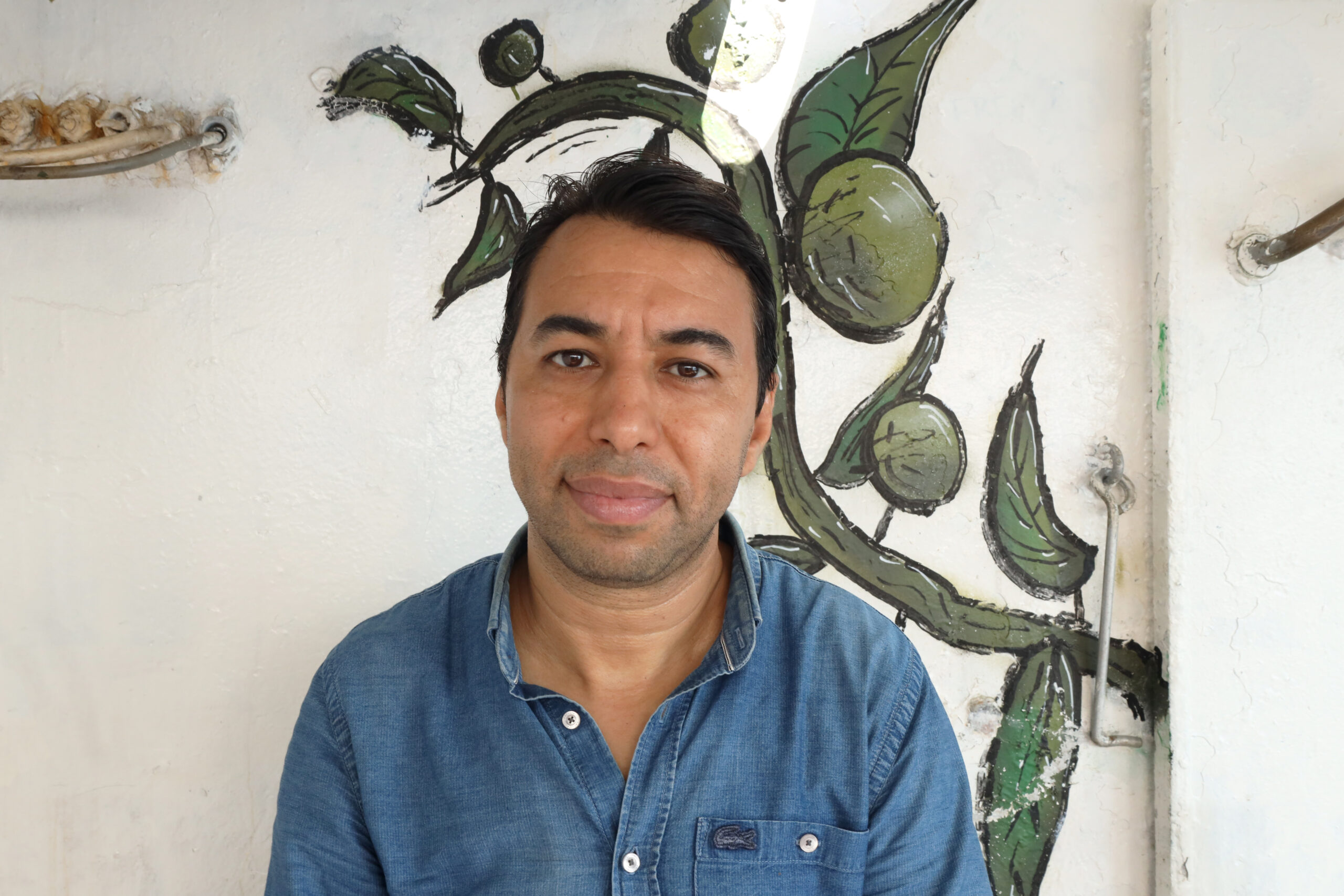
Moroccan Journalist Mohamed El Bakkali Detained After Israel Seizes Aid Ship Handala
July 27, 2025July 27, 2025 – Palestine –
Israeli forces intercepted the civilian aid vessel Handala in international waters, about 40 to 50 nautical miles off the Gaza coast, on July 27. The ship was carrying humanitarian supplies, including baby formula, food, medicine, and essential goods, intended for Gaza via the Freedom Flotilla Coalition. A total of 21 civilians were aboard, including two journalists, along with activists, medics, and legal professionals from over ten countries.
Supporters of the flotilla denounced the operation as a violent act of maritime piracy and unlawful abduction. Communications and live video feeds from the vessel were abruptly severed during the boarding. The legal advocacy group Adalah demanded the immediate disclosure of the detainees’ whereabouts and access to legal counsel.
The interception marks a second recent flotilla episode; in June, the vessel Madleen, which included high-profile participants like Greta Thunberg, was similarly seized. The Handala mission was specifically launched to challenge Israel’s blockade and spotlight Gaza’s dire humanitarian crisis.
The detained journalists included two Australians, one identified as filmmaker and reporter Tania “Tan” Safi and other journalists from various countries. Australian officials confirmed the detentions and offered consular assistance. Activists aboard vowed to begin a hunger strike if detained.
International actors have condemned the interception, including Spain’s foreign ministry, which summoned Israel’s charge d’affaires in protest over Spanish detainees, and called for their immediate release. The incident has provoked renewed scrutiny over Israel’s enforcement of Gaza’s naval blockade, which critics argue violates international maritime law.
As legal processes unfold, deportation proceedings are expected soon for many detainees. The incident has drawn attention to the escalating risks facing civilian activist missions and the press trying to document conditions in Gaza under siege.
References –

